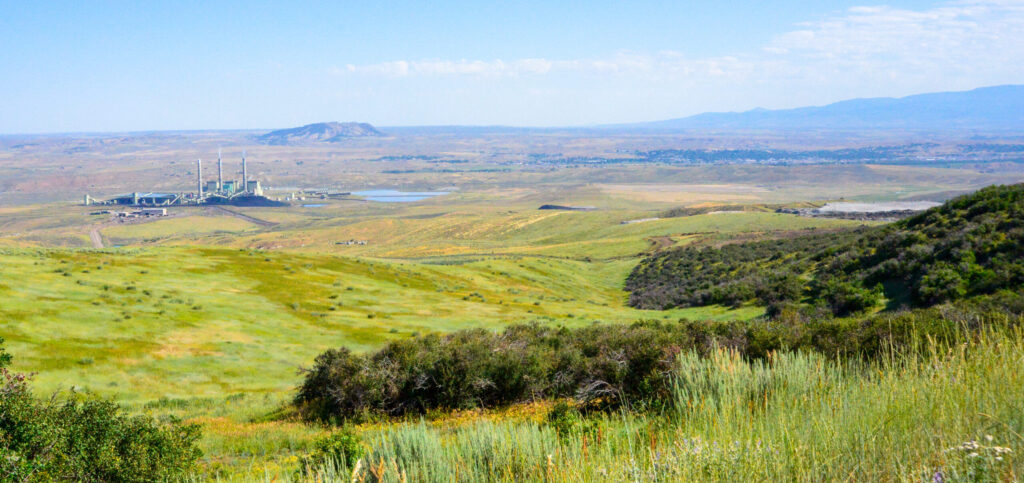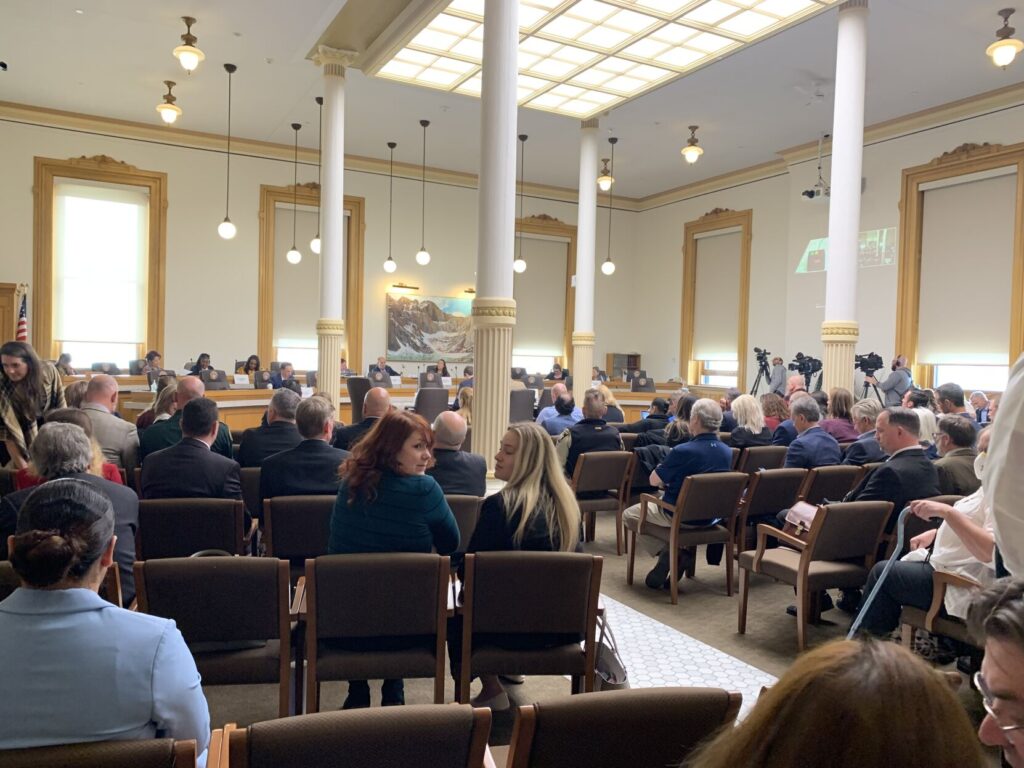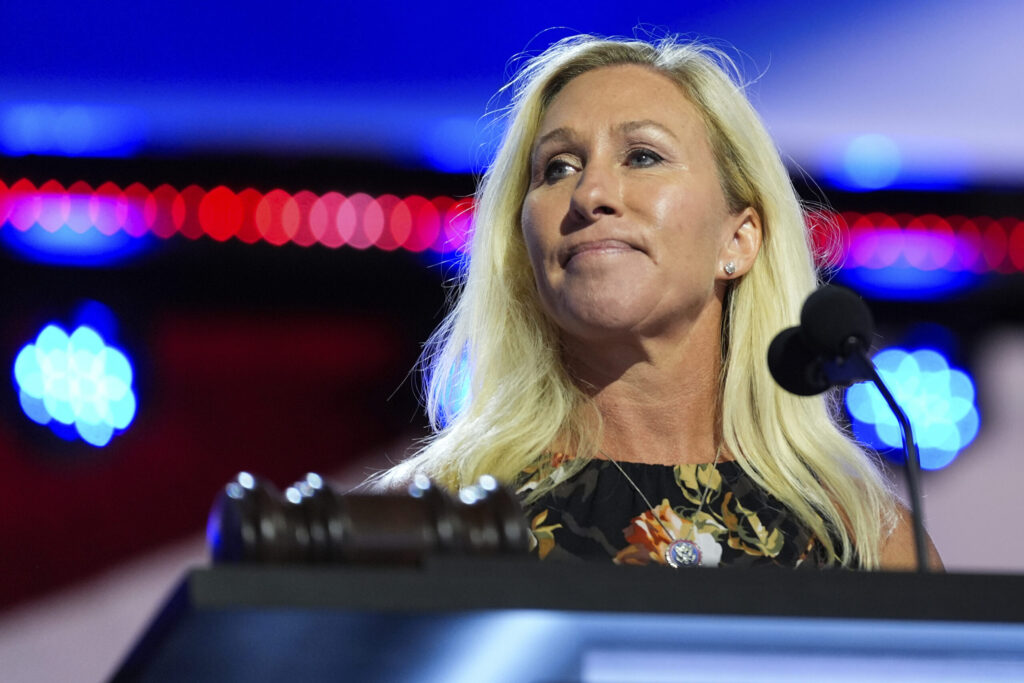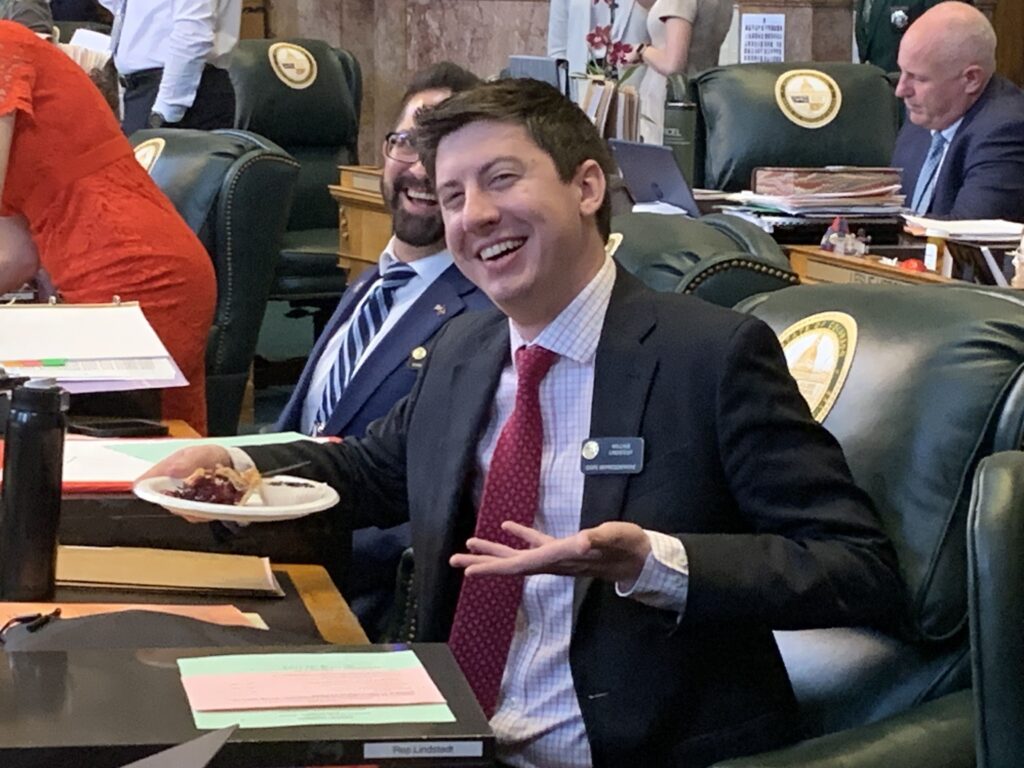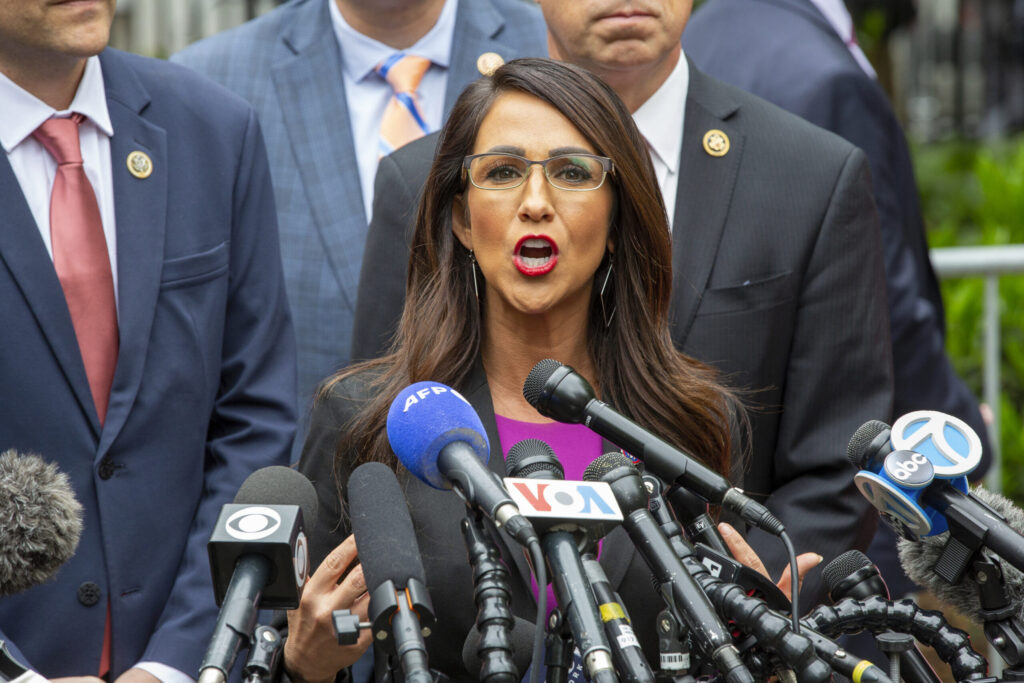At the Capitol, looking back to heartfelt MLK Day speeches as guard against discord
What do fine speeches filled with lofty sentiment matter?
Maybe a lot.
The work-week ended Friday with the inauguration of Donald Trump. It began Monday with the celebration of Martin Luther King Day. It was a week of mixed national feelings, a week of victorious jubilation and bitter protest demonstration.
On Tuesday, state House members considered a resolution honoring Martin Luther King, Jr. Lawmakers took turns delivering speeches praising the spirit of civic inclusion and equality championed by King and tying that spirit to their own life experiences as Americans and to their work as public servants.
Rep. Jovan Melton, D-Aurora, sponsor of the resolution, is one of eight members of the General Assembly’s Democratic Black Caucus – six representatives and two senators, the largest concurrent number of black lawmakers in state history. Melton’s resolution passed on a resounding voice vote. There were no dissenters. He was buoyed up and hoped the good feelings would influence debate throughout the session.
“I expected a positive conversation today, because honoring a leader like [King] shouldn’t be political or partisan,” he said. “I am not as confident that every debate involving cultural and ethnic differences will be as amenable… but I am hopeful that we can find agreement in some areas, and I will be using today’s discussion to reference back to as we move forward. It’s important that today’s speeches don’t become just talk.”
Many of the speeches, directly or indirectly, made reference to the recently past divisive election season.
Rep. Joe Salazar, a Thornton Democrat and champion for minority rights, explained he had been “reflecting a lot upon where we are in 2017 and on the fear that a lot of people have in our country at this moment.”
He said that during the election cycle “there was an us or them attitude,” which he called “the challenging controversy of our time.”
Salazar spoke early in the line up of speakers. When the House recessed an hour later, he said had good reason to feel upbeat.
“I guess I feel like I can approach my Republican colleagues on bills that affect minority communities and really talk to them about that, you know. I can remind them about today.”
Colleagues like Assistant Minority Leader Cole Wist, R-Centennial, who gave a powerful short speech.
“I think we sometimes forget that Dr. King was a very young man when he did his great work,” Wist said. “He was assassinated in his late thirties. So I think, at a time when it’s easy for young people in this country to be jaded, to be cynical, we need look no further than to Dr. King as an example of how great of an impact someone can have at a young age and a reminder to all of us that you’re never too young to serve and never too young to lead.”
Rep. Jim Wilson, R-Salida, grew up on a wheat and cattle farm in Kiowa, Kansas. He made an earthy case for King’s “quality of their character” American ideal. It was the kind of Western soliloquy that screenwriters have built entire movies around.
“I grew up in a small town, which is probably no surprise to any of you based on how I talk and how I act,” Wilson said. He was wearing a suede jacket embroidered with Western detail, as he does most days, his white hair combed back, his mustaches curled up at the ends. “We didn’t have much social diversity in Kiowa – and I lived on a farm outside of Kiowa, and there was no social diversity there at all.
“Well I went off to play college athletics and my suite mates were Fast Eddie and Big Daddie. They were football players and black athletes. This was 1963. I didn’t know any different. All I knew was Fast Eddie and Big Daddie – the point being I didn’t have any preconceived ideas. They were cool guys. It was good to have Big Daddie on your side, I’ll guarantee you that. He cast a big shadow. That was just the way life was.
“Back then everyone called me Slick, which is another story. It was my friend Adrian on the track team, another black athlete, who taught me about accepting one another. I’ll never forget… He taught me, you don’t have to always like each other, but you gotta love each other. It’s not what you say, it’s how you live, and that’s what Martin Luther King did.
“I challenge each and every one of you to go back tonight to 1963, before the Civil Rights Act and the Voting Rights Act, and so on,” Wilson said. “We were just people, Big Daddie and Fast Eddie and Slick. Just people.
“Now there’s a whole lot between 1963 and 2017, a whole lot, a whole lot, but I challenge you to not just walk the walk but to talk the talk, and accept each other like Slick and Fast Eddie and Big Daddie did, because we didn’t know it, but we loved each other.”


